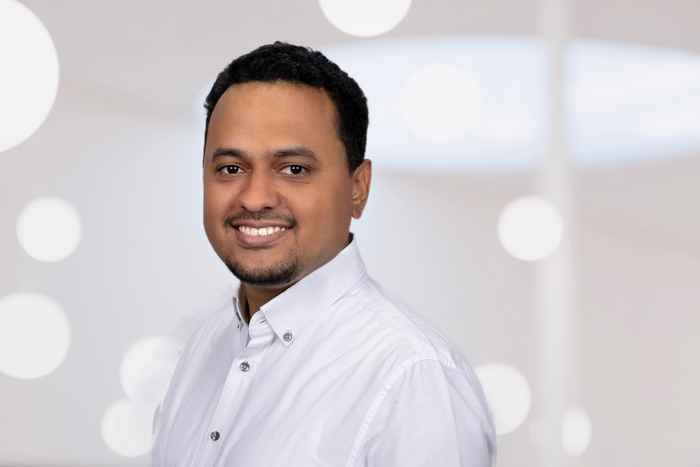Maximising technological solutions for a just transition in global value chains
8 mei 2024

Many organisations and countries aim to reach carbon-neutral or fully carbon-zero operations by 2050. However, the methods to achieve this goal require scrutiny, according to Bwana. To reach these goals, a lot more minerals are needed to build wind farms, solar panels. This means global value chains become impossible to avoid. ‘The transition minerals needed come from countries such as Indonesia (Nickel), Chile (lithium), Democratic Republic Congo (Cobalt). These countries strive for economic development through extraction and processing of these minerals. What must be ensured through all of this is that the people involved as well as the environment are treated fairly’, says Bwana.
A ‘just transition’
This fair treatment is what the International Labour Organization (ILO) calls a ‘just transition’. Bwana: ‘This means that achieving energy transition goals in the Global North shouldn’t come at the expense of the lives, livelihoods, and the environment in the Global South, where these minerals originate. Directives and regulations at the EU and member states levels aim to monitor value chains and ensure ethical treatment of people and the environment throughout. This is on top of industry-level agreements and guidelines from organisations such as the OECD.’
Technologies monitoring a just transition
The PhD student investigates the effectiveness of various digital technologies and tools in promoting this just transition. His research shows that different technologies serve different purposes in monitoring the just transition ‘These technologies must be used together to ensure the best outcome’, says the researcher. According to him, Blockchain is best suited for tracking mineral flow, while satellite-based technologies are optimal for monitoring environmental changes from above. Mobile apps are a good way to gather information from miners and factory workers about the conditions and challenges they face.
Technology alone is not enough
Bwana: ‘While all these developments can be praised, it should be noted that the adoption of these technologies alone is not enough to ensure a just transition. Human-provided information is influenced by personal motives, and individuals may only feel comfortable speaking up if they trust those operating the technology and are protected from potential repercussions. This is something that companies from across an ocean falling under a different legal jurisdiction may not be able to provide.
Fair access to information
Furthermore, we should ask where the information is going? ‘While companies may comply with European regulators, it's important to ensure that governments in the Global South also have reasonable access to information that could improve conditions in their countries’, says Bwana.
Reasonable expectations
He also emphasizes the notion of reasonable expectations. While companies engaging in unfair practices should face repercussions, doing business in resource-rich countries can come with the risk of illicit activities that companies may not be aware of. If repercussions are too severe, there is a risk that companies simply won’t conduct business there. This would deny the local population stable, well-paying jobs that could help improve livelihoods.